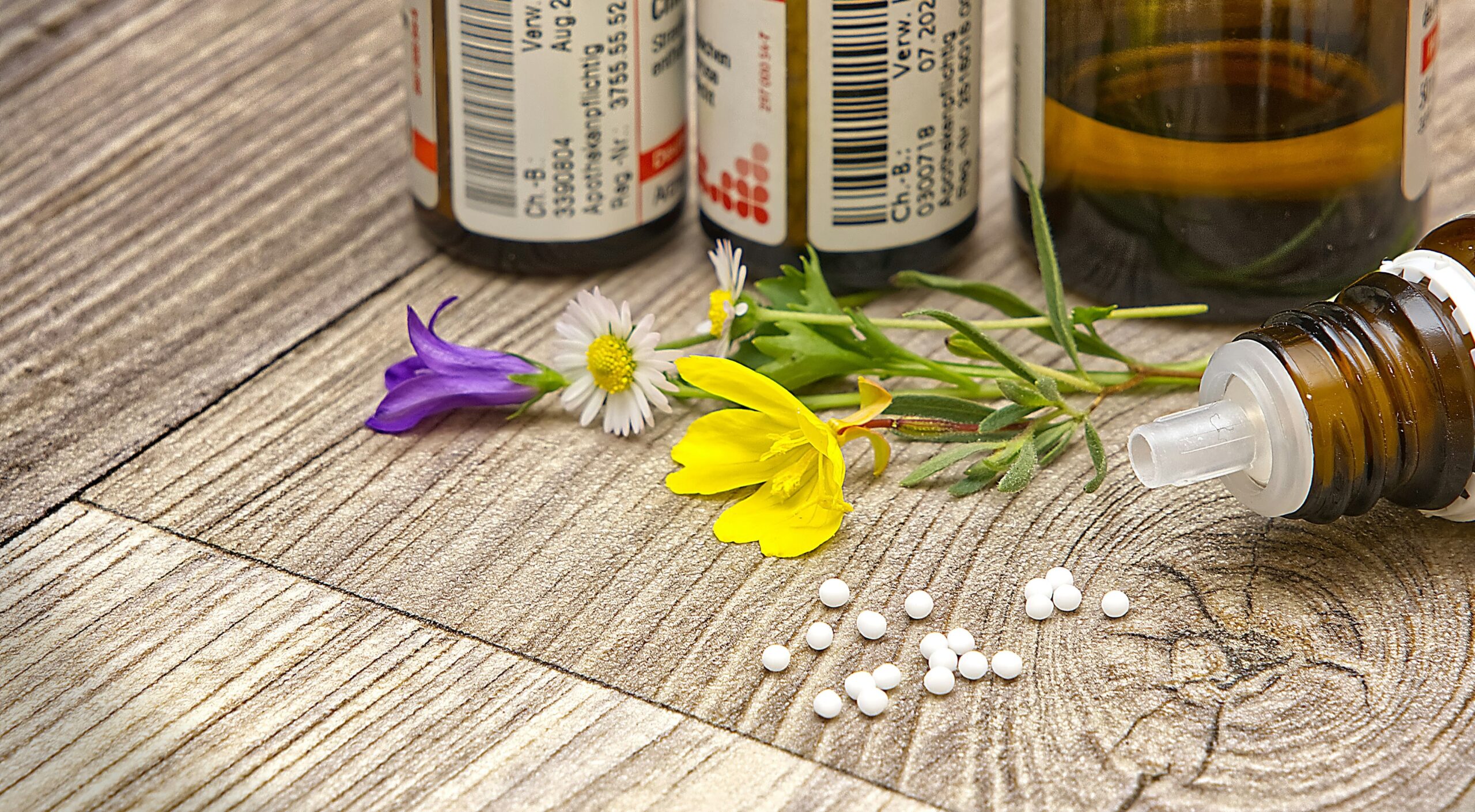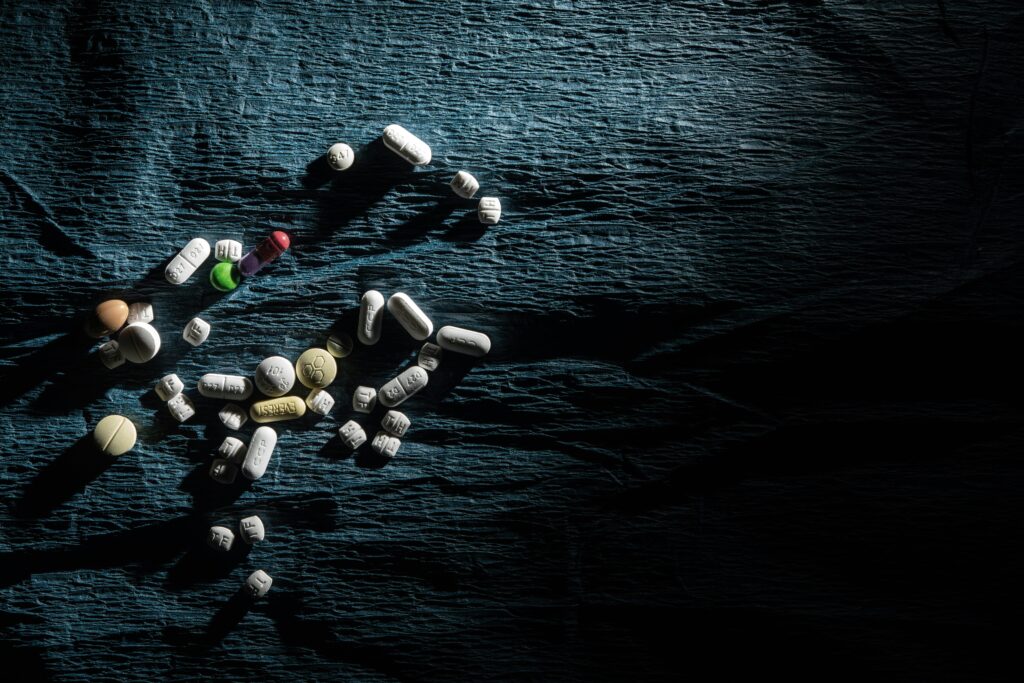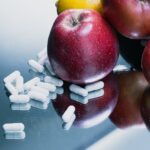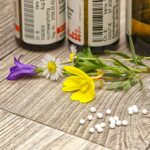Now Reading: The Role of Antioxidants in Addiction Recovery
-
01
The Role of Antioxidants in Addiction Recovery
The Role of Antioxidants in Addiction Recovery

Support healing, reduce oxidative stress, boost immunity, and aid long-term sobriety naturally
Introduction
Addiction recovery is a journey of healing—both mentally and physically. While counseling, medication, and peer support play a huge role, nutrition is often overlooked. One of the most powerful nutritional tools in this process is antioxidants. Understanding the role of antioxidants in addiction recovery can help you support your body’s natural repair system, boost your immune function, and maintain long-term sobriety.
Let’s explore how antioxidants work, why they’re essential during recovery, and how to get more of them through everyday foods.
What Are Antioxidants?
Antioxidants are natural substances that protect the body from damage caused by free radicals—unstable molecules that can harm cells. The body produces free radicals during normal processes like breathing, digestion, or exercise. However, smoking, alcohol, and drug use can cause a surge in these harmful molecules.
If left unchecked, free radicals cause oxidative stress, which can damage cells, tissues, and organs. This damage plays a major role in chronic diseases and mental health issues. That’s where antioxidants come in—they neutralize free radicals and reduce inflammation.
The Link Between Addiction and Oxidative Stress
People in active addiction—whether to alcohol, opioids, stimulants, or nicotine—often experience high levels of oxidative stress. Substance abuse depletes essential nutrients, damages cells, and weakens the immune system. A study published in Oxidative Medicine and Cellular Longevity confirmed that people with alcohol and drug dependency often have significantly lower antioxidant levels and higher oxidative stress markers 1.
That’s why the role of antioxidants in addiction recovery is so important—they help repair the damage and restore balance.
How Antioxidants Support Recovery
1. Reduce Inflammation and Cell Damage
Antioxidants such as vitamins C and E help reduce inflammation in the brain and body. This not only improves physical health but also boosts mental clarity and emotional regulation. Lower inflammation is linked to reduced anxiety and depression symptoms—common in early recovery.
2. Boost Immune Function
Substance use weakens the immune system, making the body more prone to illness. Antioxidants like selenium, zinc, and beta-carotene help strengthen immunity by protecting white blood cells and fighting infections. This boosts overall resilience during recovery.
3. Improve Brain Health
Drugs and alcohol impact the brain’s memory, focus, and emotional regulation. Antioxidants support brain repair by promoting new neural connections and protecting existing brain cells. According to Frontiers in Psychiatry, antioxidants may also protect against relapse by supporting cognitive function 2.
4. Support Liver Detoxification
The liver plays a major role in detoxifying substances from the body. Antioxidants like glutathione and N-acetylcysteine (NAC) help the liver eliminate toxins and repair damage caused by substance abuse.

Top Antioxidant-Rich Foods for Recovery
To get the full benefits of antioxidants, it’s best to eat a variety of whole, plant-based foods. Here are some powerful options to include in your recovery meal plan:
🍓 Berries (Blueberries, Strawberries, Raspberries)
Rich in vitamin C, anthocyanins, and flavonoids—these fight inflammation and boost brain health.
🥦 Leafy Greens and Cruciferous Vegetables
Spinach, kale, broccoli, and Brussels sprouts contain powerful antioxidants like lutein, sulforaphane, and vitamin K.
🍊 Citrus Fruits (Oranges, Lemons, Grapefruits)
High in vitamin C, which helps with tissue repair, immune support, and iron absorption.
🥜 Nuts and Seeds
Almonds, walnuts, flaxseeds, and sunflower seeds are high in vitamin E and selenium.
🧄 Garlic and Onions
Contain sulfur compounds and flavonoids that protect against cellular damage and aid liver detox.
🫐 Green Tea
Loaded with polyphenols and catechins—potent antioxidants that reduce brain inflammation.
🐟 Fatty Fish (Salmon, Mackerel, Sardines)
Rich in omega-3 fatty acids, which are anti-inflammatory and protect against depression.
✅ Tip: Eat the rainbow! The more colorful your plate, the more antioxidants you’re likely getting.
Supplements to Consider (With Caution)
While it’s best to get antioxidants from food, some people in recovery may benefit from supplements—especially if they have deficiencies.
Common antioxidant supplements include:
- Vitamin C – Supports immunity and tissue repair
- Vitamin E – Protects cell membranes
- N-acetylcysteine (NAC) – Aids in liver detox and reduces cravings
- Glutathione – Key for cellular repair and antioxidant defense
⚠️ Always consult with a healthcare provider before starting any supplement, especially during addiction recovery.
Recovery Nutrition in Practice
Here’s what a sample recovery meal might look like, packed with antioxidants:
- Breakfast: Oatmeal topped with blueberries, walnuts, and a splash of almond milk
- Lunch: Grilled salmon with quinoa and steamed broccoli
- Snack: Greek yogurt with strawberries and flaxseed
- Dinner: Stir-fry with tofu, kale, carrots, garlic, and brown rice
- Beverage: Green tea or water with lemon slices
Scientific Evidence Supporting Antioxidant Use
- A 2020 meta-analysis in Nutrients showed that antioxidant supplementation improved mental health outcomes in people recovering from substance use disorders 3.
- Studies also show that NAC (a powerful antioxidant) helps reduce drug cravings and withdrawal symptoms, especially for cocaine and cannabis users 4.
These findings underscore the essential role of antioxidants in addiction recovery and highlight the connection between nutrition and long-term healing.
Final Thoughts
Recovery is not just about stopping substance use—it’s about rebuilding your body, mind, and spirit. Understanding the role of antioxidants in addiction recovery gives you a powerful, natural way to support healing, reduce stress, and improve your overall quality of life.
By eating antioxidant-rich foods daily, you’re not just feeding your body—you’re also protecting your future.
References
- Ashtari, S., et al. (2018). Oxidative stress and addiction: a review of evidence. Oxidative Medicine and Cellular Longevity. ↩
- García-Gutiérrez, M. S., et al. (2020). Role of antioxidants in recovery and relapse prevention. Frontiers in Psychiatry. ↩
- Li, H., et al. (2020). Effect of Antioxidant Supplements on Mental Health. Nutrients, 12(10), 2901. ↩
- Grant, J. E., & Chamberlain, S. R. (2019). NAC and substance use treatment. CNS Drugs, 33(1), 57–69. ↩
























